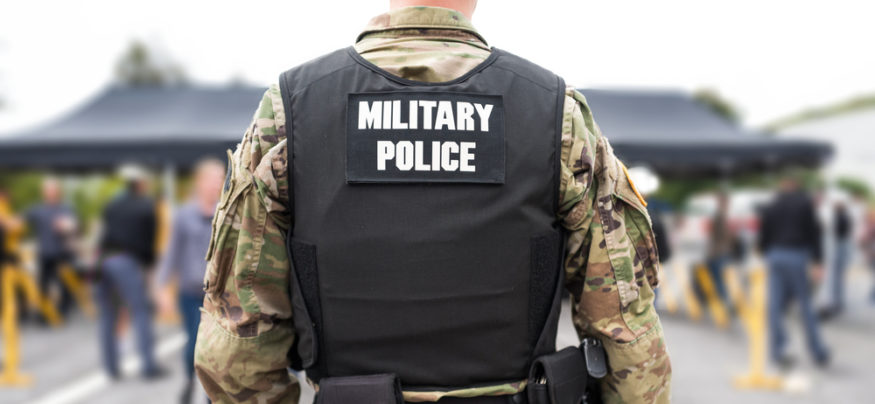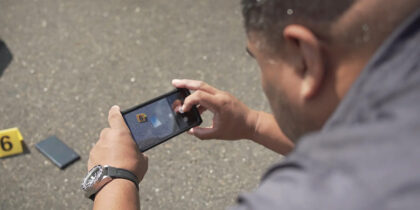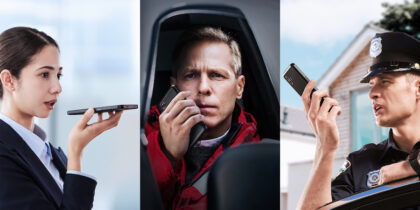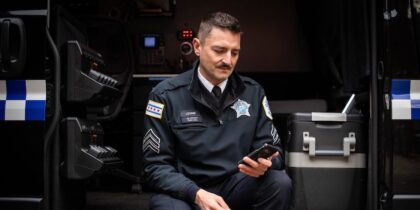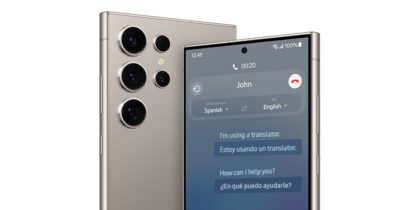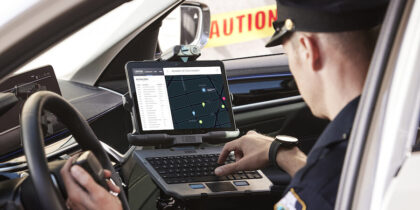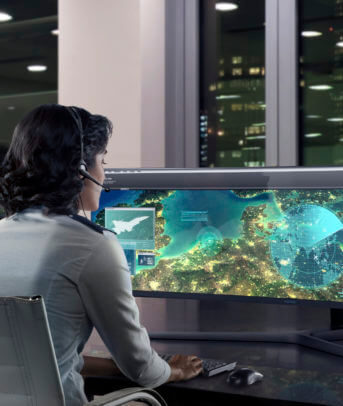From policing a military base to defending the nation against bad actors, federal law enforcement agencies are under greater pressure than ever to keep citizens safe. However, the task of preventing incidents, responding to events and solving cases quickly does not come without its challenges. New cybersecurity threats, tighter budget constraints and other operational hurdles are forcing agencies to figure out how to do more with less. This is exactly the type of environment where access to data is critical to mission success, and can even mean the difference between life and death.
Efforts to make the government more data-driven aren’t new, but this year’s President’s Management Agenda has brought data’s value as a strategic imperative to the forefront. The agenda included data stewardship, use and access in its cross-agency priority goals and called for the creation and implementation of a cohesive approach in the form of the Federal Data Strategy. The progress of this data strategy directly impacts federal law enforcement, particularly as IT leaders look to maximize technology investments that can deliver agencies better insights and optimize operations.
To that end, data and mobility go hand-in-hand. Mobile solutions can play a key role in supporting federal law enforcement’s IT modernization efforts by seamlessly bridging access across multiple environments — whether an agent or officer is on foot, in-vehicle or at the office. Continued advancements in high-speed, high-bandwidth 5G networks will further help process even larger data volumes to bring mission-critical information closer to officials’ fingertips faster than before.
Close the Skill Gap With Immersive Training
See how an immersive ecosystem can cut DoD costs and bring critical information to the mission edge. Download Now
Some of the exciting ways that mobile solutions can help federal law enforcement agencies become more data-driven, productive and effective today include:
- Enhance Situational Awareness. Mobile solutions like the Galaxy S9 Tactical Edition are ideal for tactical environments, such as U.S. Secret Service agents providing protective services. This tailored mobile solution includes a preconfigured software suite that integrates with common tactical radios and peripherals used in mission-critical environments, so agents can seamlessly communicate and share geospatial data during a coordinated event protecting our nation’s leaders.
- Eliminate Costly In-Vehicle Hardware. Samsung DeX enhances agent productivity by allowing them to connect the latest Samsung Galaxy devices to a monitor, keyboard and mouse for a desktop-like experience. DeX can also replace the in-vehicle laptop, so agents can streamline workflows in the field. U.S. Marshals Service deputies, for example, could use DeX to quickly identify and pursue a fugitive — wherever the chase leads. Agents can then write reports up in the vehicle and or they can take the smartphone back to the office and connect in a shared workspace. Not only does the in-vehicle solution enhance the deputy’s ability to access assailant information anywhere, but the agency can also save significant costs by eliminating bulky laptops and mounting equipment in the car, as well as PCs at the office.
- Foster Improved Collaboration. Field agents, for instance at the Federal Bureau of Investigations, could use their mobile devices to communicate with colleagues, securely access bureau database information and manage collaboration applications for real-time information sharing. Protected by the Samsung Knox platform that secures data all the way down to the device hardware, users can confidently share intelligence more quickly across cross-functional federal, state or local teams.
- Speed Processes and Enhance Productivity. Mobility is critical for federal law enforcement agents that need to quickly verify an individual’s identity outside of an office environment. In the case of U.S. Customs and Border Protection, officers could use a smartphone or tablet to access agency applications designed to process and authorize travelers entering or leaving the country. Regardless of where they may be stationed or travel to along the border, agents can access mission-critical information in real time on their mobile device without having to go back to the office, so they can be more productive on the go. Rugged Samsung Galaxy tablets, such as the MIL-STD-810G rated Galaxy Tab Active2, can even help officers operating in harsh environments with desert dust or heat.
- Police More Effectively and Safely. From military to park police, the ability to quickly react and take action in the event of an emergency is paramount. Mobile devices are ideal for helping personnel on foot reduce the time to need to act, whether it’s issuing a ticket or coordinating an event response. With wearables such as the Samsung Gear S3, federal law enforcement agencies can also extend hands-free computer-aided dispatch (CAD) beyond the vehicle, enhancing information access and officer safety so they can stay alert and prepared when approaching an individual. With features like duress alerts and real-time geolocation, and the ability to integrate with mission-critical federal law enforcement applications, wearables can help federal law enforcement officers enhance situational awareness and stay better connected in unpredictable environments.
Mobility is a win-win for both agencies and agents as they look toward becoming more data-driven. The need for forensic, assailant or situational information is critical in today’s operational environment where agents must make split-minute decisions. By adopting a mobile-first strategy, federal law enforcement agencies can significantly enhance workforce productivity without sacrificing data security. For users, mobile data accessibility means having the right information at the right time to more quickly find the assailant, crack the case and save lives.
Get your free guide to driving collaboration, boosting productivity and ensuring security in the public sector.
